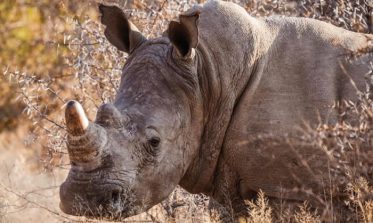
How Zoos Are Adapting to Climate Change
As climate change accelerates, zoos are finding themselves on the front lines of the effort to protect wildlife. Rising temperatures, shifting weather patterns, and habitat destruction are putting countless species at risk, and zoos are adapting their practices to address these challenges.
One of the key ways zoos are responding to climate change is by adjusting their conservation efforts. Many species are losing their natural habitats as a result of deforestation, droughts, and rising sea levels. Zoos work closely with conservation organizations to identify species that are most vulnerable and develop breeding programs to ensure their survival. These programs are crucial for species that are struggling to adapt to rapidly changing environments. In some cases, zoos act as "arks," safeguarding animals until suitable habitats can be restored or created.
Zoos are also taking steps to make their operations more sustainable. This includes reducing energy consumption, minimizing water use, and implementing waste reduction strategies. Many zoos are adopting renewable energy sources like solar and wind power, as well as installing green roofs and rainwater collection systems to reduce their environmental impact. By leading by example, zoos hope to inspire visitors to adopt more eco-friendly practices in their own lives.
In addition to on-site sustainability efforts, zoos are actively involved in research related to climate change. By studying how animals in their care respond to changing temperatures, zoos provide valuable insights into how wildlife in the wild may adapt (or struggle to adapt) to climate change. This research helps inform conservation strategies, such as identifying which species may need to be relocated or given special care in changing ecosystems.
Public education is another critical component of zoos’ response to climate change. Zoos use their platforms to raise awareness about the impact of climate change on wildlife and to encourage visitors to take action. Through exhibits, talks, and online campaigns, zoos provide information on how climate change is affecting species around the world and offer practical advice on how individuals can reduce their carbon footprint.
As the effects of climate change continue to intensify, zoos will play an increasingly important role in protecting wildlife. By adapting their conservation strategies, operations, and educational programs, zoos are helping to mitigate the impact of climate change on the animal kingdom.
